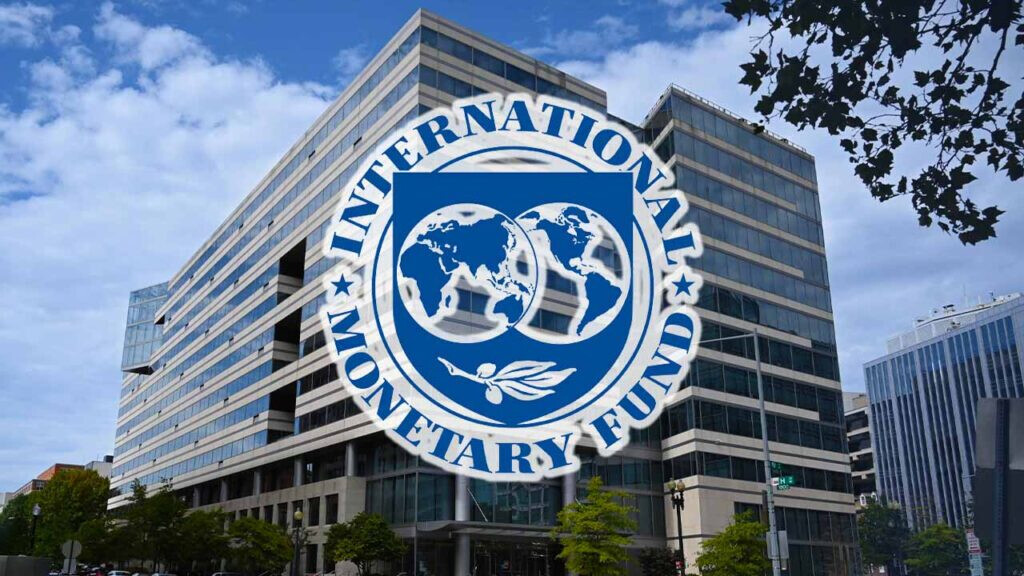
Washington, D.C. – The International Monetary Fund (IMF) has raised its forecast for global economic growth in 2025 to 3.3%, marking a 0.1 percentage point increase from its previous estimate. This upward revision primarily reflects the robust performance of the U.S. economy.
According to the IMF’s World Economic Outlook update released on [date], the global economy is projected to expand by 3.3% this year. This is 0.1 percentage points higher than the forecast made in October last year. The forecast for 2026 remains unchanged at 3.3%.
The U.S. economy is expected to grow by 2.7% this year, a significant upward revision of 0.5 percentage points from the previous estimate. In contrast, the eurozone's growth forecast has been downgraded to 1.0%, a 0.2 percentage point decrease. Similarly, the growth forecast for the Middle East and Central Asia has been lowered to 3.6%, down 0.3 percentage points.
The IMF attributed the overall stability in the 2025 forecast to the upward revision for the United States offsetting downward revisions for other major economies. The Fund highlighted that the U.S. economy continues to exhibit strong momentum.
However, the eurozone's growth has been hindered by weakness in manufacturing and goods exports, despite increased consumption driven by real income recovery. Germany's growth forecast for this year is set at 0.3%, while France is projected to grow by 0.8% and Italy by 0.7%.
Japan's growth forecast for 2023 remains unchanged at 1.1%, with a forecast of 0.8% for 2026. The IMF explained that Japan's output has been slightly reduced due to temporary supply disruptions.
China's growth forecast for this year has been marginally upwardly revised to 4.6%, with a forecast of 4.5% for 2026. While exports have grown faster than expected, the stabilization of the real estate market and low consumer confidence have had an impact.
The growth forecast for emerging market and developing economies is projected to be 4.2% in 2025 and 4.3% in 2026. Russia, which is still engaged in a war, is expected to grow by 1.4% this year and 1.2% next year.
The IMF cautioned that central banks may need to raise interest rates further due to the potential resurgence of inflation, leading to a widening of monetary policy differentials. Additionally, the Fund warned that conflicts in the Middle East and Ukraine could disrupt trade and affect food and energy prices.
Meanwhile, South Korea's growth forecast for this year stands at 2.0%, with a forecast of 2.1% for 2026.
[Copyright (c) Global Economic Times. All Rights Reserved.]




























